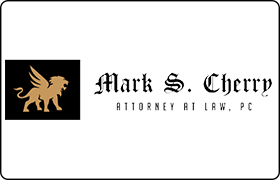Collingswood Workout Lawyer, New Jersey
Sponsored Law Firm
-
 x
x

Click For More Info:
-
Mark Cherry Law
385 Kings Highway North Suite 101 Cherry Hill, NJ 08034» view mapBankruptcy & Debt Where Every Client Matters
We want our clients to be confident and secure knowing we are a law firm ready to take on the fight and challenge with them.
800-824-6431
Not enough matches for Collingswood Workout lawyer.
Below are all Collingswood Bankruptcy & Debt lawyers.
Mark Stuart Cherry
✓ VERIFIEDMark S Cherry, Attorney at Law, PC is a general practice professional law firm in Cherry Hill, NJ that, in addition to the general practice of law, as... (more)
Robert H. Johnson
✓ VERIFIEDRobert H. Johnson has spent his career representing clients in U.S. Bankruptcy Court and New Jersey insolvency proceedings. Prior to founding this fi... (more)
Michelle H. Badolato
Robert N. Braverman
FREE CONSULTATION
CONTACTFREE CONSULTATION
CONTACTFREE CONSULTATION
CONTACTGeorgette Miller
FREE CONSULTATION
CONTACTEllen M. McDowell
FREE CONSULTATION
CONTACT Mark Cherry Cherry Hill, NJ
Mark Cherry Cherry Hill, NJ AboutMark Cherry Law
AboutMark Cherry Law Practice AreasSpecializations
Practice AreasSpecializations


